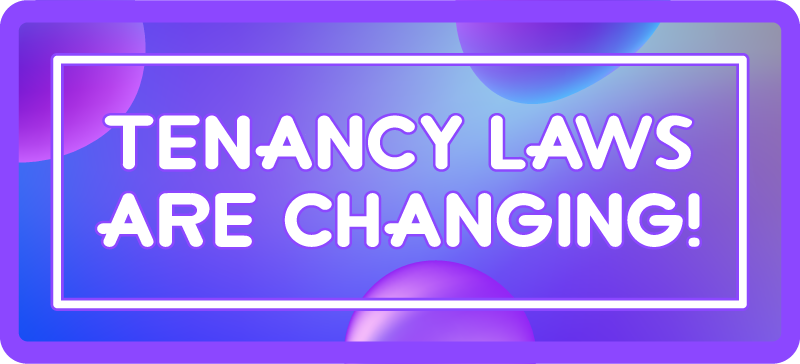Submission: Senate Standing Committee on Community Affairs Inquiry into the Social Services Legislation Amendment (Housing Affordability) Bill 2017
01/11/2017
The Automatic Rent Deduction Scheme (ARDS) as proposed by the Social Services Legislative Amendment (Housing Affordability) Bill 2017 if passed will have a detrimental impact on arrears and debt management processes employed by social housing landlords in New South Wales. It has strong potential to reduce fairness and transparency across social housing tenancy management systems, and this will be keenly felt by tenants in social housing – whether or not they are referred to a compulsory ARDS.
Over a period between 2009 and 2011 we corresponded with the NSW Department of Housing amid concerns that they were frequently proceeding to eviction proceedings before other reasonable steps to recover rent arrears had been pursued. In reply, the Department assured us that eviction for rent arrears was uncommon, and only pursued as a last resort – that “Housing NSW will make an application to the Tribunal where it has not been able to resolve a matter with a tenant or to formalise an agreement, such as a repayment arrangement to repay a debt owing to Housing NSW”. They also informed us that “rent arrears in June 2010 were one half of one per cent of the rent payable”. Since that time we have noted a reduction in Tribunal applications by the Department for eviction due to rental arrears, suggesting their efforts to resolve instances of rental arrears without eviction are being pursued with some success. The introduction of a compulsory ARDS seems out of step with this. Working with tenants to overcome difficulties, to restore financial independence and resume regular payments is a far more appropriate and proportionate response to rent arrears in social housing.
You can also read our submission along with the submission for the National Association of Tenant Organisations and Tenants' Advice and Advocacy Services on the Parliamentary Inquiry site.


